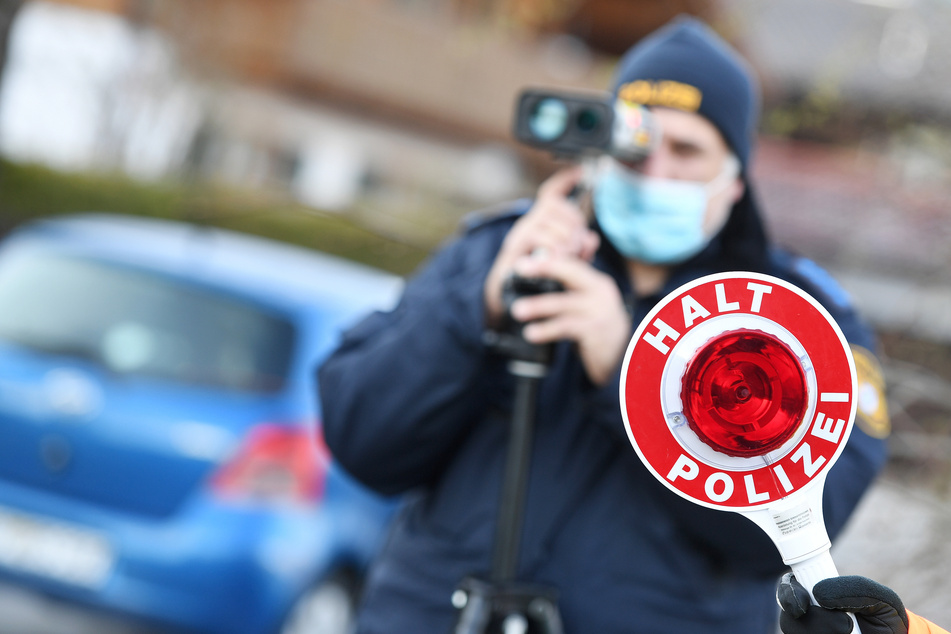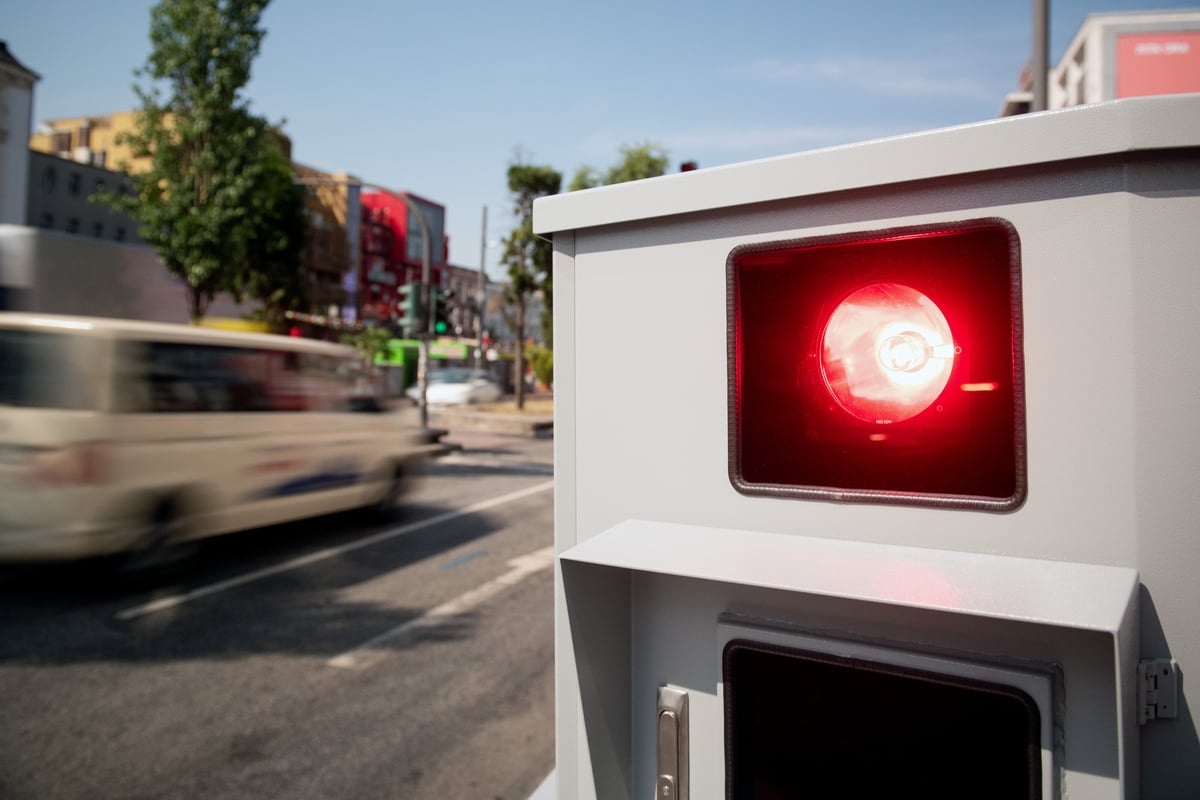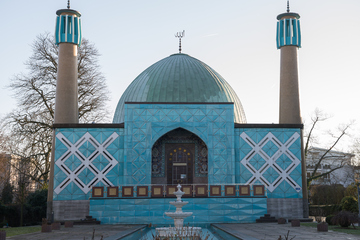Anyone who stands out as a traffic rowdy faces higher fines. For many cities, this means additional income and the title of “millionaire speed camera”.
Hamburg/Berlin – At least eleven German cities earned more than one million euros from speed camera fines last year.
Most speed cameras are located in Hamburg. © Daniel Reinhardt/dpa
This is one more city than in 2020, according to a survey by the Traffic Law Working Group of the German Bar Association (DAV) among German cities. Frontrunner 2021 is at it again Hamburg with about 18.8 million euros.
Then followed at a great distance Frankfurt am Main with more than 6 million euros e Chemnitz with around 3.8 million euros, the DAV announced on Friday.
Other speed camera millionaires are Schwerin, Salzgitter, Ludwigshafen, Nuremberg, Villingen-Schwenningen, Friedrichshafen, Pforzheim and Tübingen.
According to its own information, the traffic law working group surveyed the 150 largest cities in Germany. 45 replied, but only 29 agreed to the publication of the data.
Among other things, the number of installed speed cameras, the amount of speed camera income and its intended use, as well as estimates of additional income from the new fine catalog were queried.

The penalties for traffic hooligans have increased significantly. © Angelika Warmuth/dpa
Since November 2021, drivers have had to pay significantly higher fines for many traffic offences. This is intended to increase traffic safety, especially for cyclists and pedestrians.
At least financially, this has already made itself felt. In 22 cities, for example, income in the first half of 2022 increased significantly compared to the same period last year. Overall, the sum doubled to €53 million.
By far the largest number of speed cameras – 70 – are operated in Hamburg, followed by Leipzig (36) and Frankfurt (34). A total of 316 speed cameras are in use across the 29 participating cities, including 206 fixed and 110 mobile. In the previous year, almost 340 measuring systems were in operation in 28 cities.
In addition to Hamburg, Nuremberg and Tübingen were already millionaires in 2020. All other millionaire cities in 2020 either did not take part in the survey this time or refused to publish the data. According to information, they included Göttingen, Aachen, Dortmund, Mannheim, Karlsruhe, Dresden and Zwickau.




